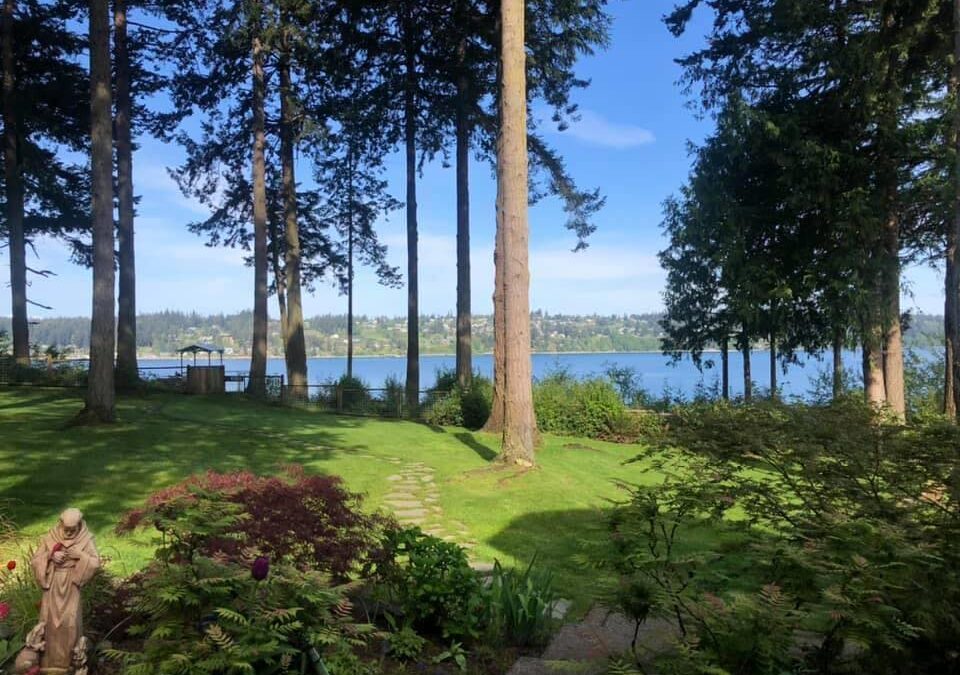
Moving On, Moving Out
Today’s Word from Rev. David Bieniek…
A few weeks ago, Pastor Jim asked us to pause his sermon and make a list of all the places we have ever lived. It was quite a task. I believe that I have lived in 38 places, in my 57 years. When you take into account that in the last 20 years, I have only lived in three places, that means in the first part of my life I moved almost every year. That is a lot of moving.
You would think I would have less stuff, but unfortunately, I just needed bigger moving trucks. But each time we moved, we had to decide what to take with us and what to leave behind. As we move through this pandemic time and begin moving out into the public again, what will we take with us?
Many of us have been doing more cooking at home, resurrecting old favorites, savoring comfort food, or exploring new recipes and tastes. I was watching a program the other night where the chef talked about how baking had helped him after his wife had died. There was something about measuring, kneading, and waiting that helped him move through his grief. Will we cook and eat together, will we remember recipes of old, and try things that are new?
Many of us have re-engaged old hobbies. I am working on a 30-year-old project of painting a nativity set that was given to me in 1990. (I’m determined to get it done by Christmas!) Some people have picked up musical instruments; other built model rockets, gardened, hiked, or detailed cars. Maybe you have discovered new hobbies. We have filled our time with things that bring us joy. Will we still make time to carry those hobbies and projects with us, and do what brings us joy?
All of us have have learned to be with each other in different ways. Some of us have Zoomed, FaceTimed, Teamed, or Hungout. We have connected with old friends and family. We have worshiped online, built our home altars, and prayed in new ways. It does not take the place of being together in person, but it does ease the sting. Others of us have re-learned the art of letter writing, sending greeting cards and postcards, or even calling people on the phone when they cross your mind. Will we carry that on with us, as we leave our isolation?
In this time, we found time… The song “The Cat’s in the Cradle” tells of a father who never found time for his son, and consequently the son eventually could not “find the time” for his father when he needed him in old age. In this period of isolation, we have been given the gift of time. We might need to learn to use it better, but we do have time for family, for friends, for neighbors, and for God.
We still don’t know what this new reality will look like. The reality is that we NEVER know what tomorrow will look like. But maybe we can remember the lessons from the last 3 or 4 months, treasure our loved ones, treasure our new-found or reclaimed adventures, and give the gift of time.
“For in everything, there is a season…” Ecclesiastes 8:1
Rev. Dave Bieniek
To make a donation to Trinity, follow this link: https://trinitylutheranfreeland.org/give/

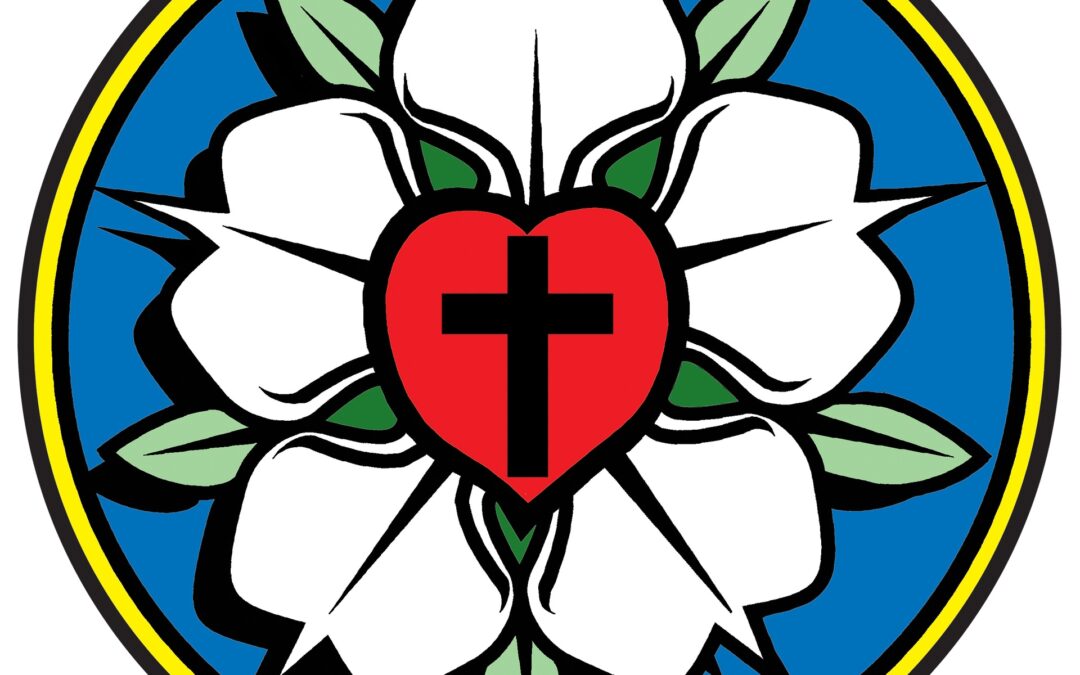
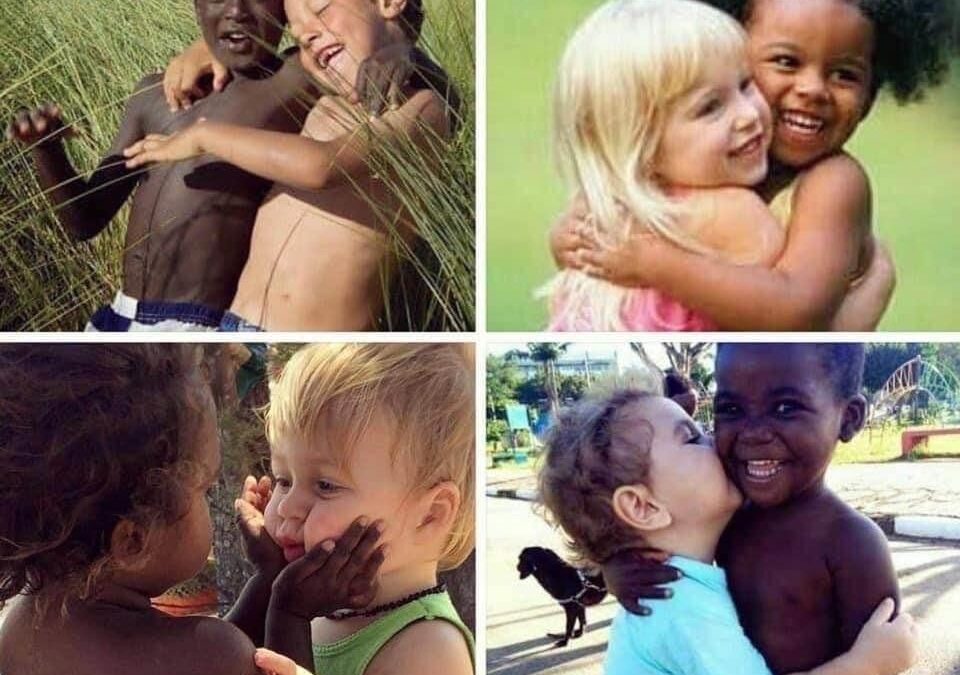
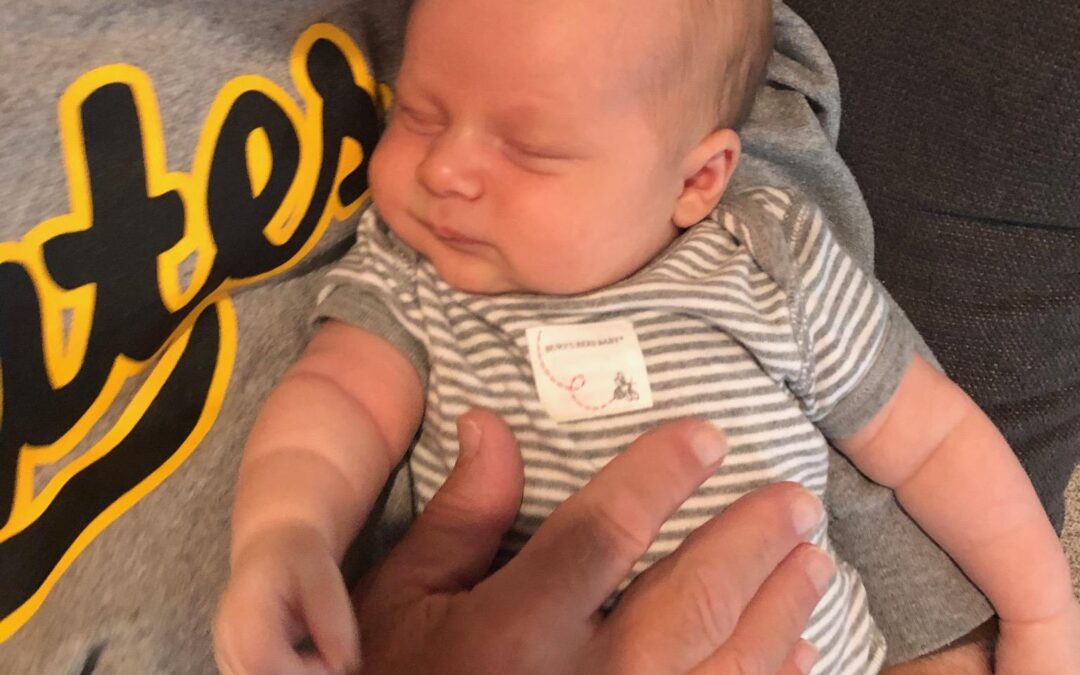
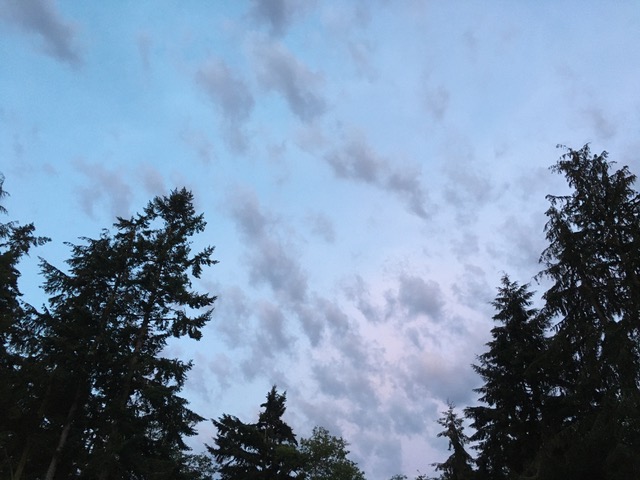
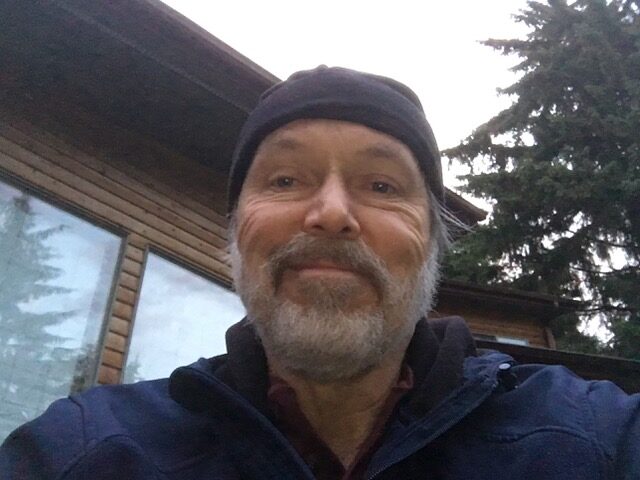 Look up the hymns All Creatures, Worship God Most High, or All Things Bright and Beautiful, or When Morning Gilds the Skies for images of beauty and wonder and praise for all God’s creation. There are many other hymns of praise. It is good to spend time there.
Look up the hymns All Creatures, Worship God Most High, or All Things Bright and Beautiful, or When Morning Gilds the Skies for images of beauty and wonder and praise for all God’s creation. There are many other hymns of praise. It is good to spend time there.
